Ingratitude is treason to mankind
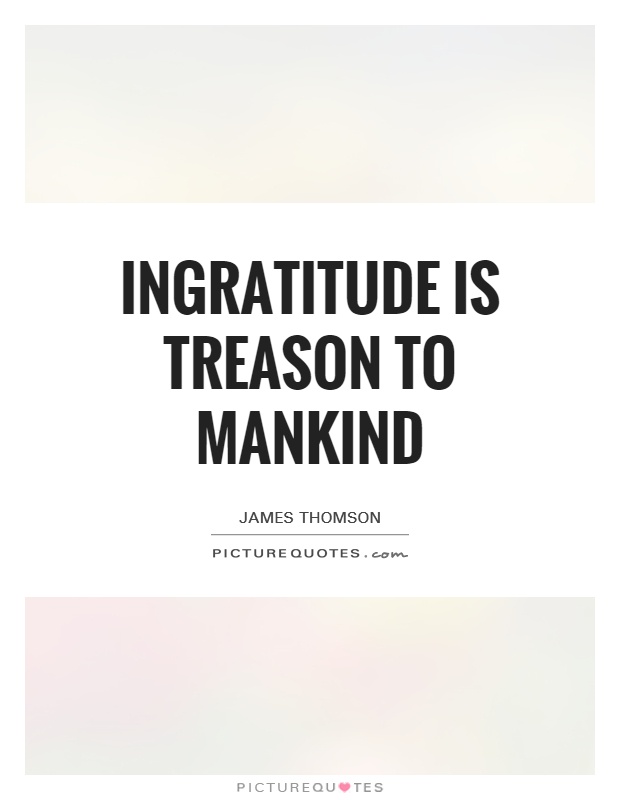
Ingratitude is treason to mankind
James Thomson, a Scottish poet and playwright, is best known for his work "The Seasons" which celebrates the beauty of nature and the changing seasons. However, Thomson also explored themes of human nature and morality in his writing, including the concept of ingratitude.Thomson believed that ingratitude was a betrayal not only of the individual who had shown kindness or generosity, but also of humanity as a whole. In his view, to be ungrateful was to reject the fundamental principles of compassion and reciprocity that bind society together. In his poem "The Castle of Indolence," Thomson writes, "Ingratitude, more savage than the sea, / More full of names than the white lion's brood, / More venomous than vipers, is of man."
For Thomson, ingratitude was a form of treason because it undermined the bonds of trust and goodwill that are essential for a functioning society. When individuals fail to acknowledge the kindness and support they have received from others, they weaken the social fabric and erode the foundations of community. Ingratitude, in Thomson's eyes, was a selfish and destructive impulse that threatened the very essence of humanity.
Thomson's belief in the importance of gratitude was rooted in his understanding of human nature. He saw gratitude as a natural response to the kindness and generosity of others, a way of acknowledging the interconnectedness of all beings. Ingratitude, on the other hand, was a perversion of this natural impulse, a rejection of the bonds that unite us as human beings.





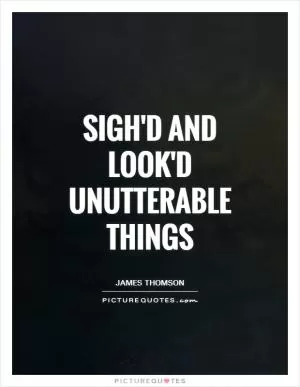


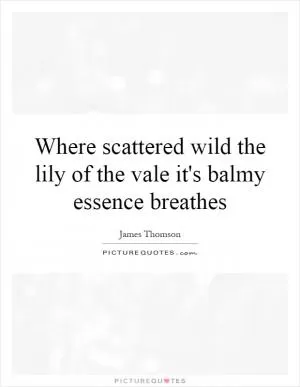
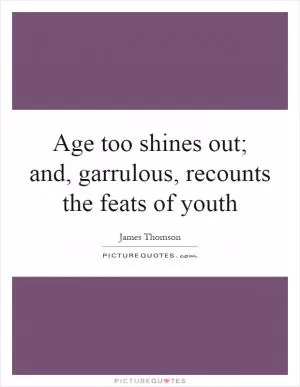
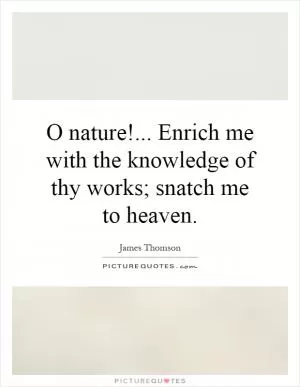

 Friendship Quotes
Friendship Quotes Love Quotes
Love Quotes Life Quotes
Life Quotes Funny Quotes
Funny Quotes Motivational Quotes
Motivational Quotes Inspirational Quotes
Inspirational Quotes